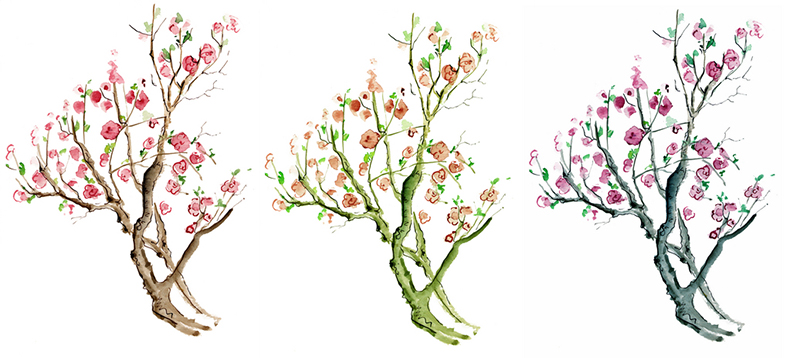
Frank’s book is an unabashed polemic, not a studious examination of policy or polling trends. In Frank’s view, liberal policy wonks are part of the problem, members of a well-educated elite that massages its own technocratic vanities while utterly missing the big question of the day. To Frank, that question hasn’t changed much over the last few centuries. “It is the eternal conflict of management and labor, owner and worker, rich and poor — only with one side pinned to the ground and the other leisurely pounding away at its adversary’s face,” he writes. Today, polite circles tend to describe this as the issue of “inequality.” Frank prefers an older formulation. “The 19th century understood it better: They called it ‘the social question,’ ” he writes, defined as “nothing less than the whole vast mystery of how we are going to live together.”
As Frank notes, today some people are living much better than others — and many of those people are not Republicans. Frank delights in skewering the sacred cows of coastal liberalism, including private universities, bike paths, microfinance, the Clinton Foundation, “well-meaning billionaires” and any public policy offering “innovation” or “education” as a solution to inequality.
